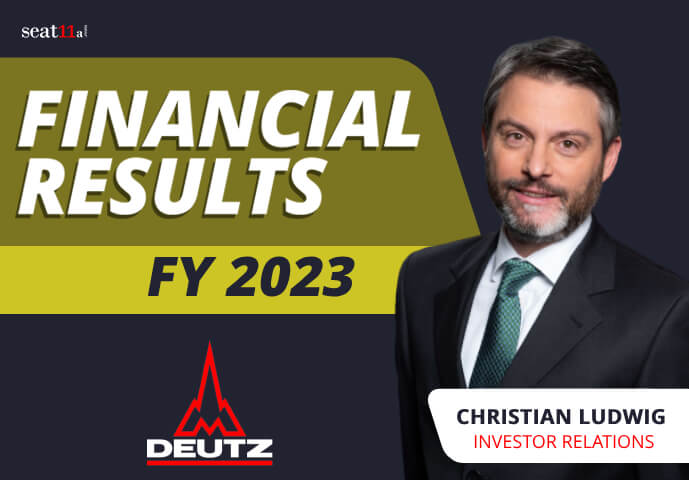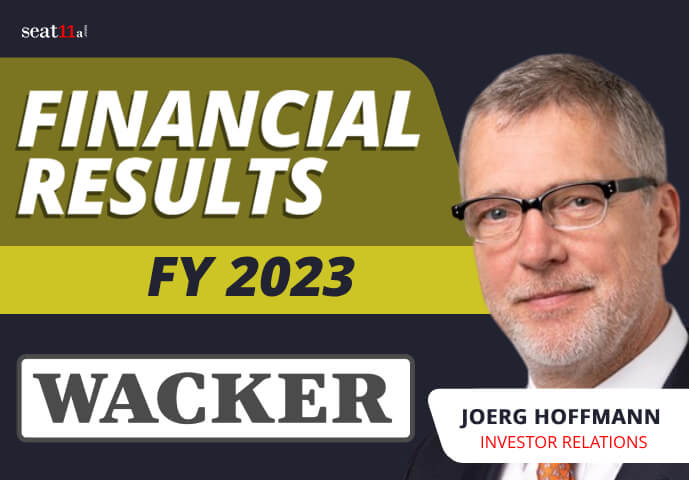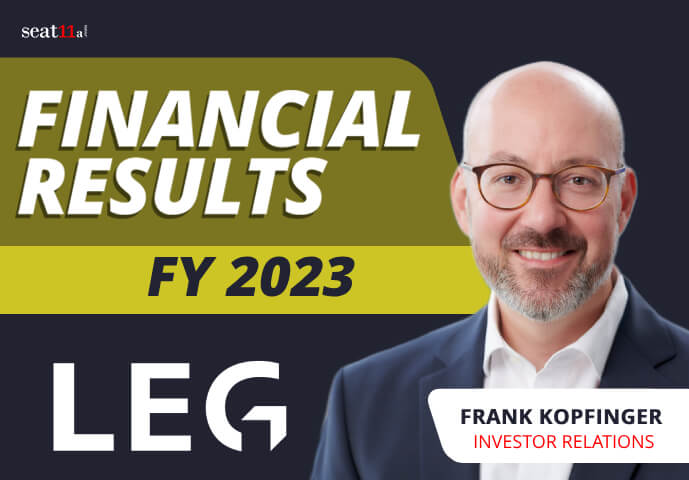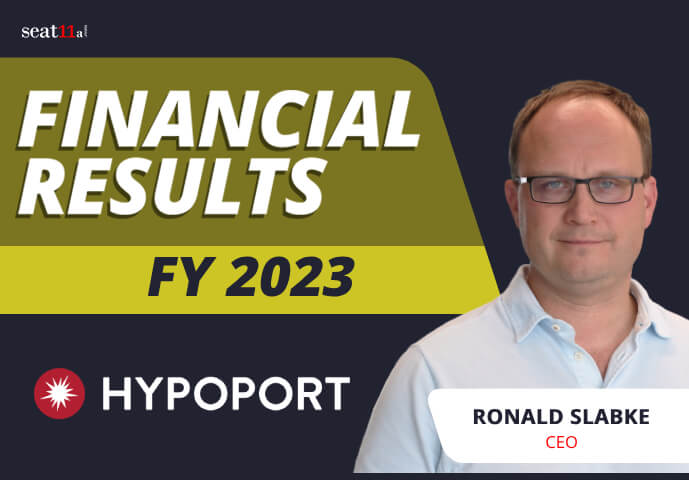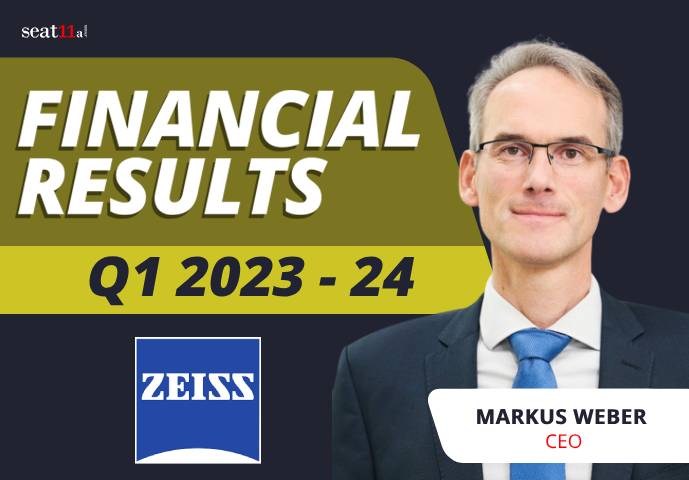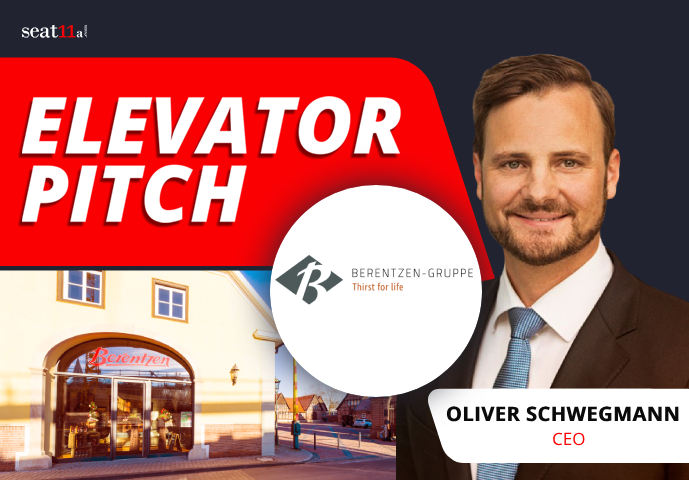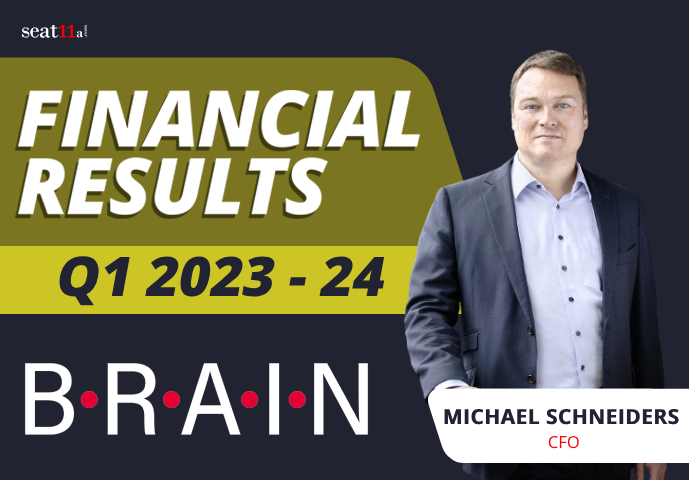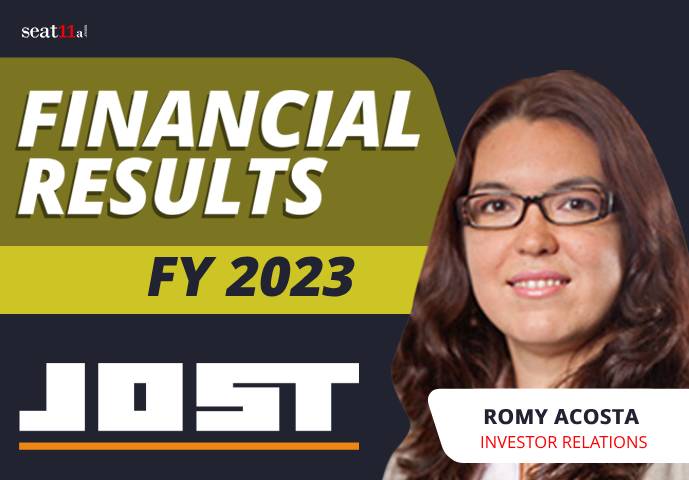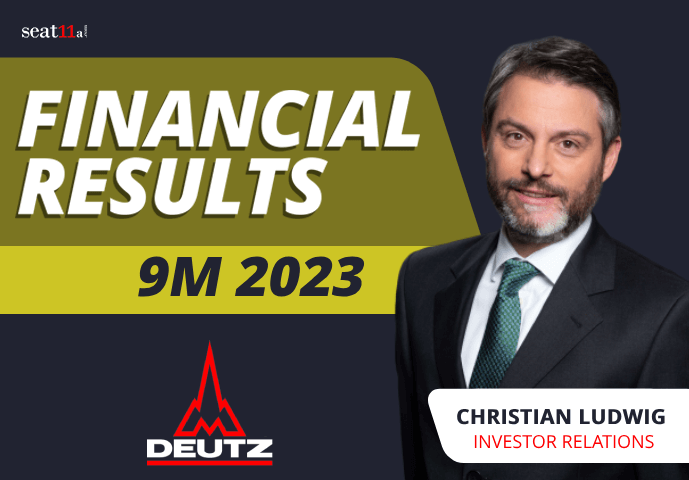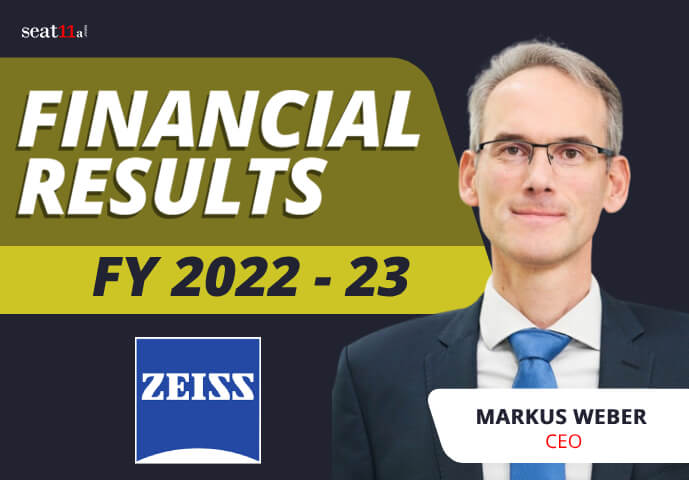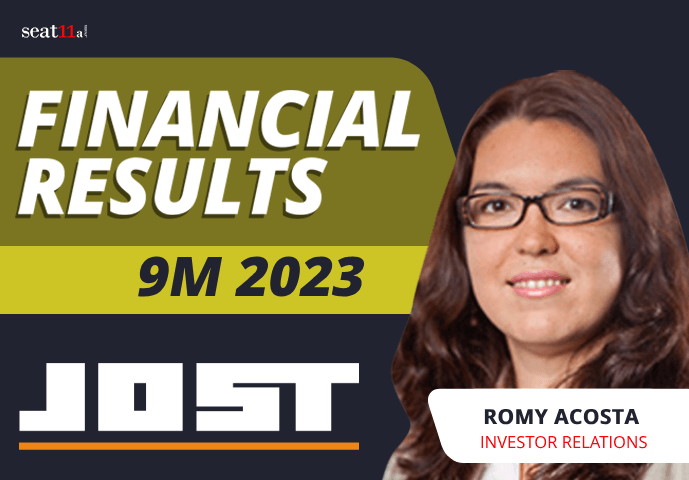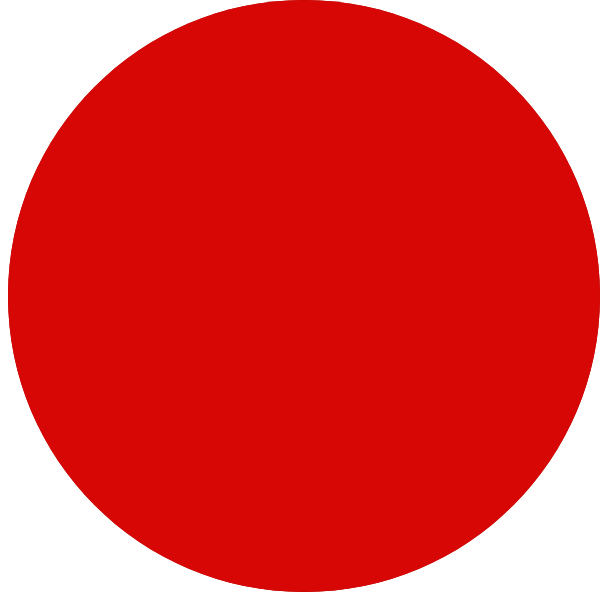
German Stock Insights
Company Briefings
Navigating the Landscape of German Stock Listed Firms
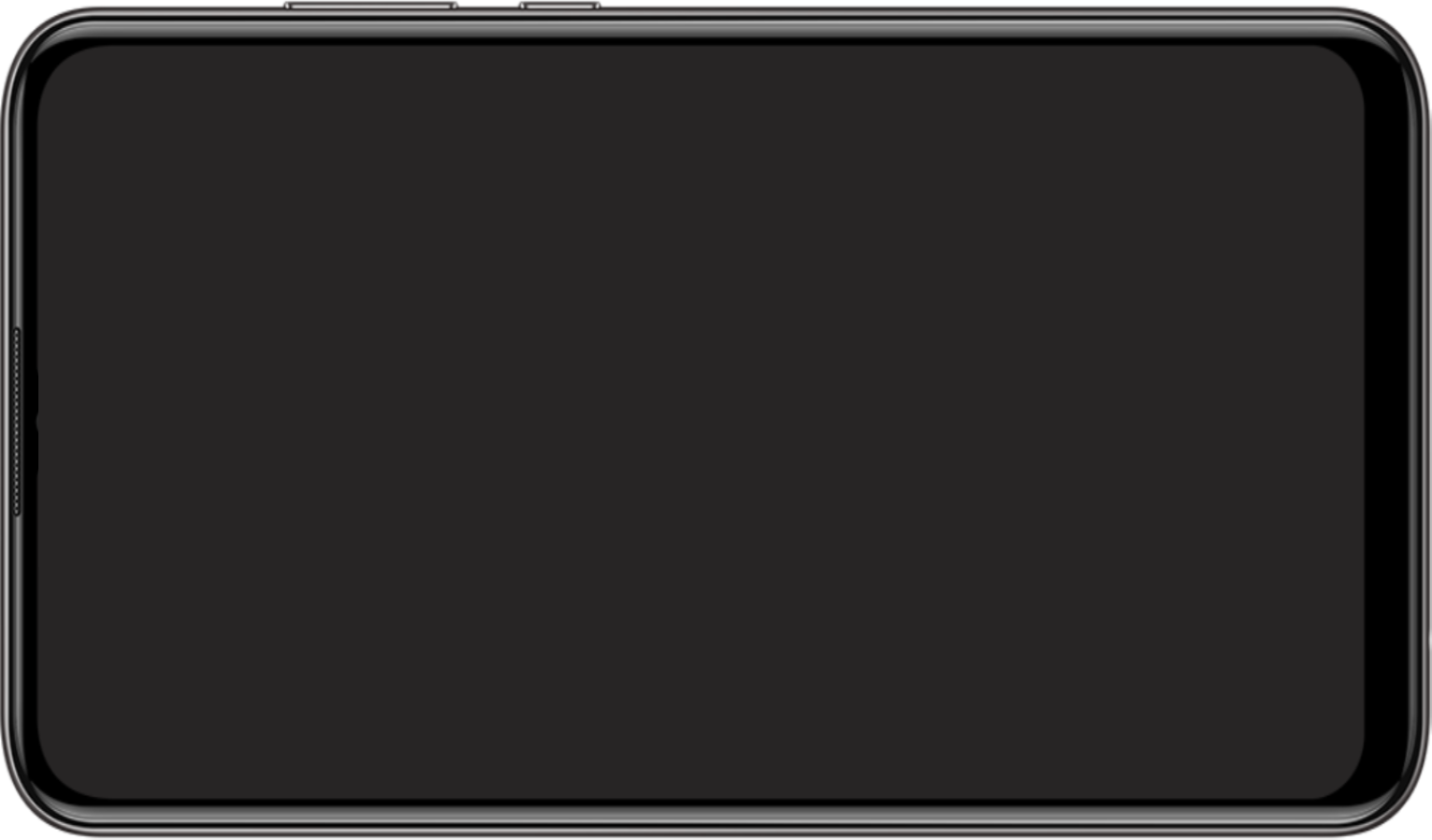

By loading the video, you agree to our Terms & Conditions,
our Privacy Policy and Vimeo's privacy policy.
Germany's financial market has a rich heritage and is widely respected as one of the most influential economic arenas in the world. Today's investors have a keen eye on the German stock market, understanding that the key to successful investing lies in the numbers and the history, culture, and systems at play.

Video Hub

At a Glance
Overview of the German Financial Market
Germany’s financial market has a rich heritage and is widely respected as one of the most influential economic arenas in the world. Today’s investors have a keen eye on the German stock market, understanding that the key to successful investing lies in the numbers, history, culture, and systems at play.
Historical Context of the Deutsche Börse
The German stock market, officially known as the Deutsche Börse, is located in Frankfurt am Main, the financial heartbeat of the country. It is home to one of the world’s largest stock exchanges by market capitalisation. As of this writing, over 700 domestic and international stocks are listed, representing various sectors from manufacturing and pharmaceuticals to technology and energy.
Foundations and Evolution
The foundations of the German stock market were laid in the 16th century with the creation of exchange houses in Frankfurt. These houses were established to facilitate the trade of currencies and precious metals. Over the centuries, these establishments evolved into modern stock exchanges. However, the German stock market as we know it today was formed after the Second World War, following the merging of all regional stock exchanges in 1949.
Frankfurt Stock Exchange and Electronic Trading
The Frankfurt Stock Exchange, also known as the Frankfurter Wertpapierbörse (FWB), became a leading hub for domestic and international trade, reflecting the country’s growing economic clout. Its importance as a global financial centre was further solidified with the advent of electronic trading in the late 20th century, with the FWB launching Xetra, a fully electronic trading system, in 1997.
Key Indices: DAX and MDAX
Within the German stock market, two significant indices are watched closely by investors worldwide: the DAX and the MDAX.
The DAX Index
The Deutscher Aktienindex (DAX) includes 40 of the largest and most liquid companies on the Frankfurt Stock Exchange, representing about 80% of the market capitalisation of listed stock corporations in Germany. The selection of companies is based on the order book volume and market capitalisation. The DAX is a key indicator of Germany’s economic health and is widely regarded as the benchmark index for the German equity market.
The MDAX Index
The mid-cap index, the MDAX, includes the next 60 largest companies after the DAX’s top 40. These companies have a significant presence in their respective industries and have demonstrated consistent growth and profitability. The MDAX offers a deeper insight into the German economy beyond the heavyweights of the DAX.
Investment Insights and Economic Resilience
Investing in the German stock market provides exposure to Europe’s largest economy and the fourth-largest by nominal GDP in the world. It is an economy renowned for its engineering expertise, robust manufacturing sector, and strong export market. Investments in the DAX or MDAX, either directly or through index funds, offer opportunities for portfolio diversification.
Germany has demonstrated its resilience in the face of global economic crises. Even during the financial crisis of 2008, the DAX was one of the first international indices to recover its losses, a testament to the robustness of German corporations.
Concluding Thoughts
In conclusion, with its rich history and dominant place in the global financial landscape, the German stock market offers many opportunities for the discerning investor. It is not just about the numbers; this powerful market’s culture, history, and prospects play a significant role in investment decisions. As with any investment, understanding the market dynamics, keeping abreast of economic news, and making informed decisions are critical for success in German stocks.
